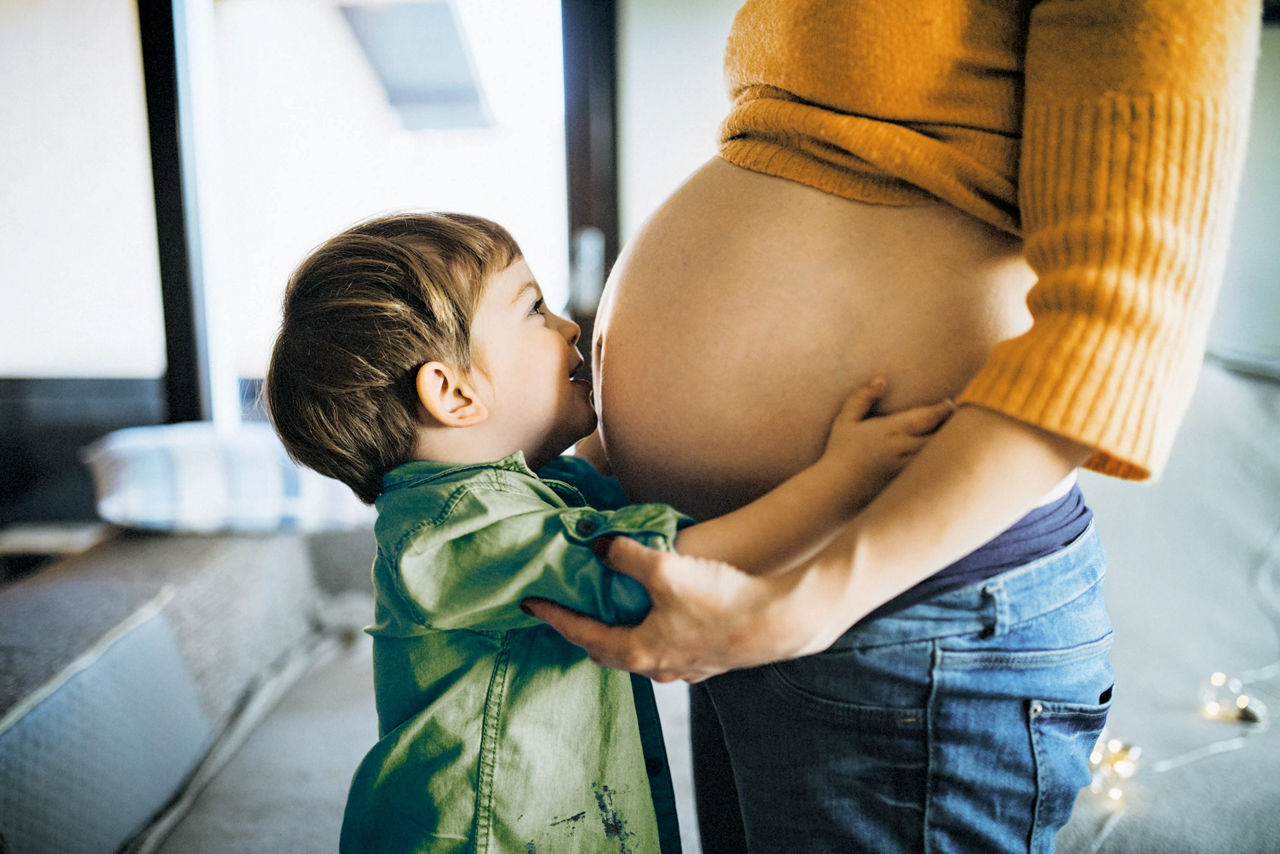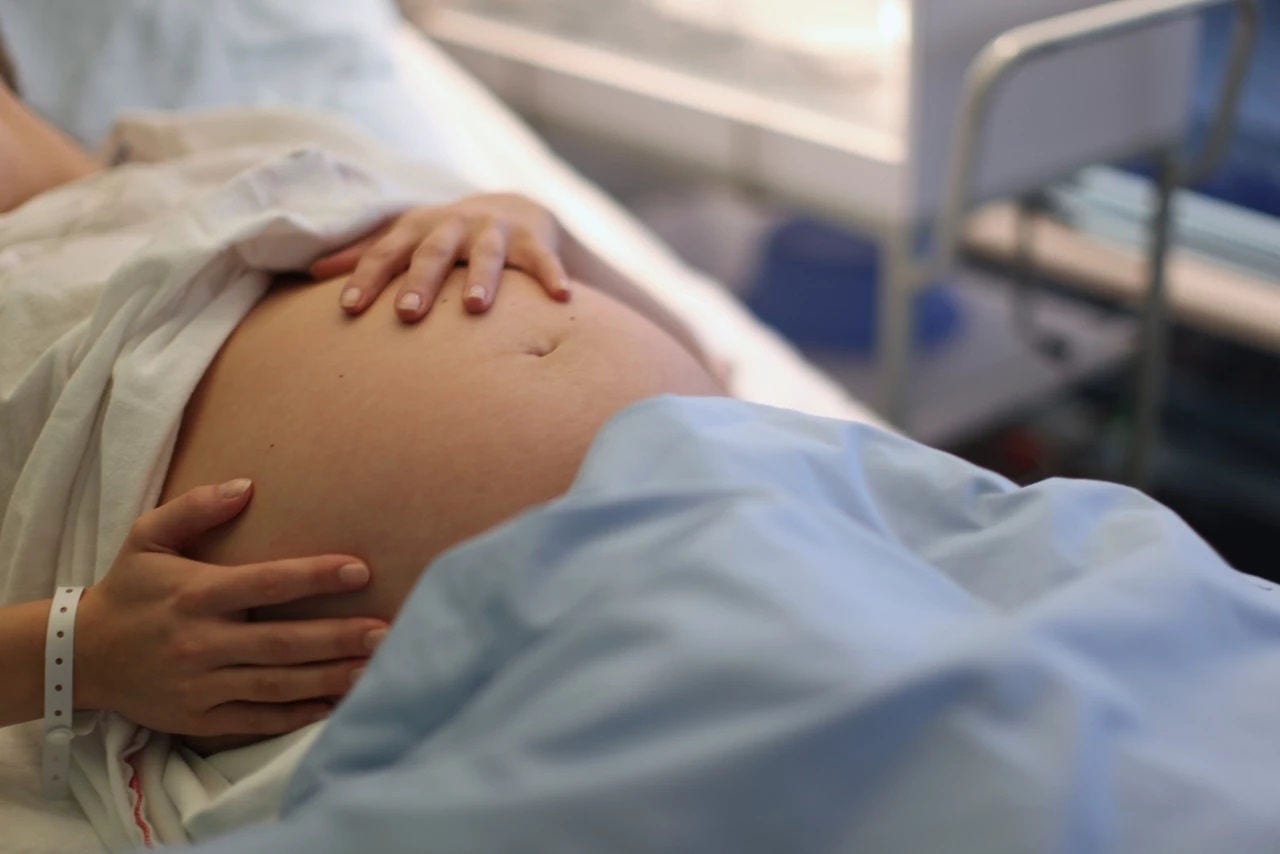When will I feel my baby move? It’s a question that many expectant mums ask themselves as their pregnancy progresses.
One of the best things about being pregnant is when you first get to feel your baby kicking. This is known as ‘foetal movement’, or quickening and is one of the early physical signs that there’s a tiny person living inside you! Your baby’s first movements will likely be a happy and emotional milestone for you, but it’s okay to feel a little nervous too.
When most people think of their baby kicking, they imagine little feet prodding pregnant tummies, or seeing the bump move. But each and every mum has a different experience of their little one’s first movements. Just remember, your baby’s small early kicks and wriggles are their way of showing you that they’re beginning to grow and develop.














